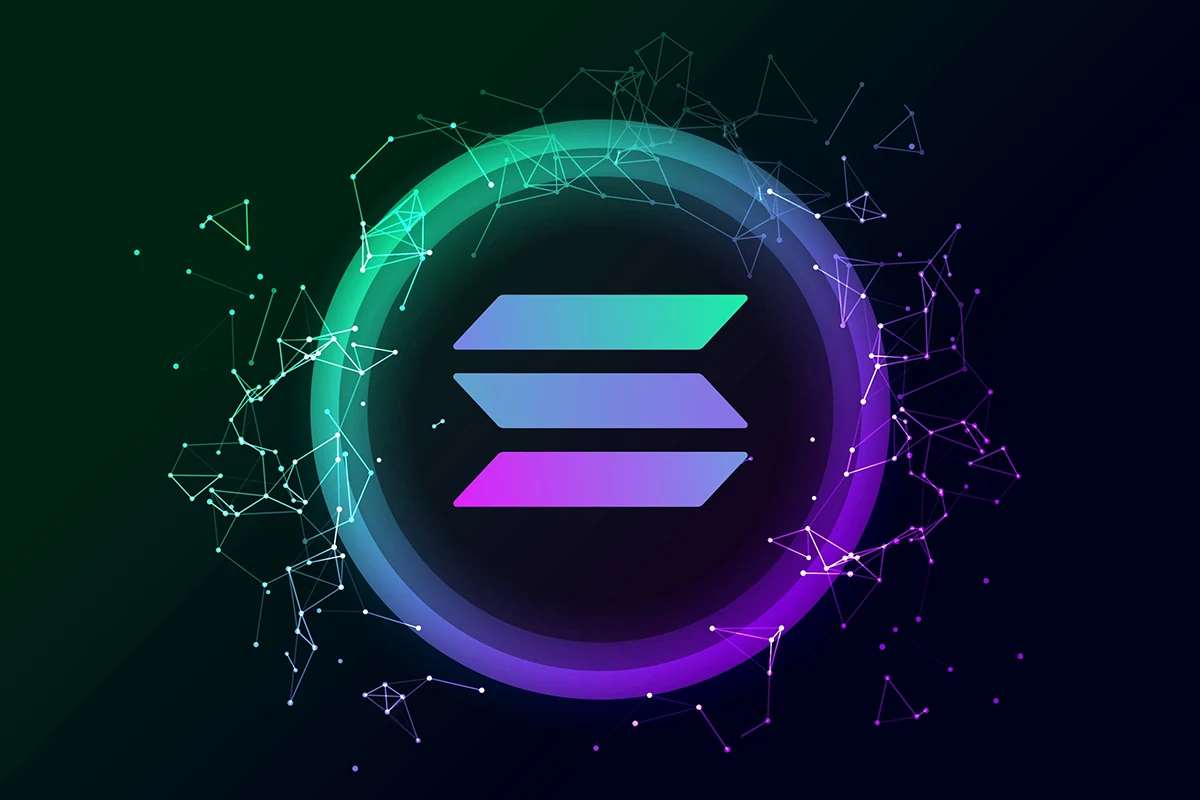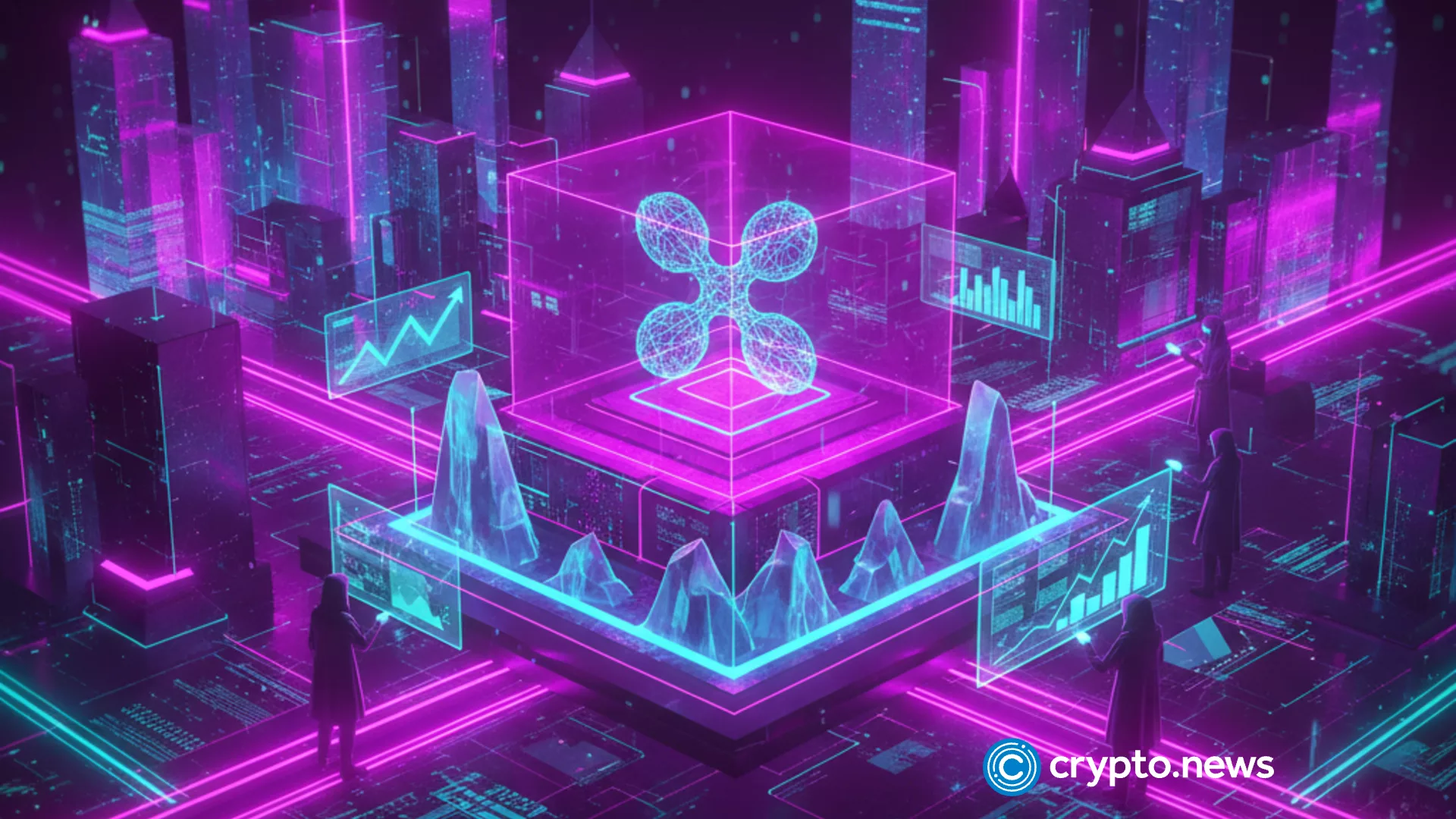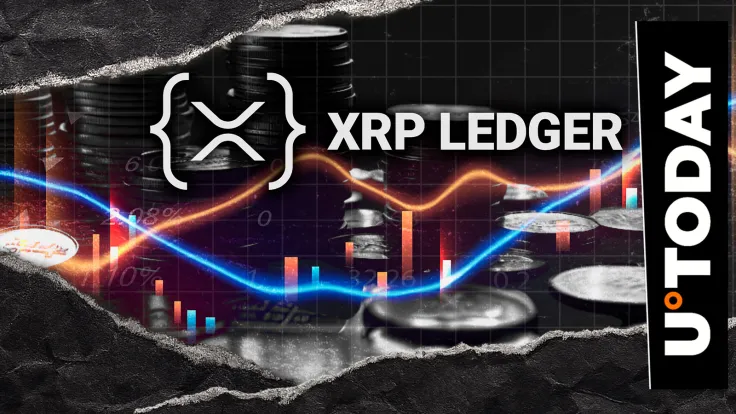MARA CEO Announced Preparations for the Era of AI and Energy Independence Ahead of the Next Halving
- Fred Thiel warned that halving in 2028 will change the process of mining the first cryptocurrency.
- He believes that only those bitcoin miners who control energy or move to AI will survive.
- In his opinion, the growth of transaction fees and the participation of banks in the preliminary reservation of space in blocks can potentially stabilize the mining economy.
The bitcoin mining industry is entering the most difficult stage in recent years. According to Fred Thiel, CEO of MARA Holdings (MARA), only those companies that can control their own energy sources or rebuild their business to accommodate artificial intelligence (AI) and high-performance computing (HPC) will have a chance to stay in the market after the next halving in 2028. He spoke about this in an interview with CoinDesk.
Thiel called the market “more mature and brutal”: those who do not have access to cheap and stable energy supply or do not diversify their business are at risk.
As competition grows, big players are looking for ways to optimize. Some are refocusing on related areas such as AI or HPC. Others are creating their own energy facilities to reduce costs.
In 2028, the reward for a bitcoin block will drop to just over 1.5 BTC. Under current conditions, this could make the classic mining model unprofitable.
While the network has seen spikes in fees from time to time — for example, through Ordinals or inscriptions — they are short-lived and cannot compensate for the drop in blockchain rewards. Thiel suggests that in the future, new models may change the situation, such as banks pre-booking block space for priority transactions, but there are no such initiatives yet.
Back in early November, MARA reported record quarterly revenue of $252.4 million, up 92% year-on-year. The company’s net profit was $123 million, compared to a loss a year ago.
The company is actively implementing a strategy of merging mining and AI. It has already deployed the first AI servers in Granbury, Texas, and entered into a partnership with MPLX LP, a subsidiary of Marathon Petroleum Corporation, the largest US oil refiner. Another step was the acquisition of a controlling stake in Exaion, a French subsidiary of EDF, one of the world’s largest clean energy producers.
Earlier, Thiel emphasized that early investments in AI infrastructure “make a distinctive and measurable contribution.”
You May Also Like

Solana ETFs Market Grows with Fidelity and Canary Marinade’s New Funds

XRP analysts shift 2025 outlook as liquidity models evolve
